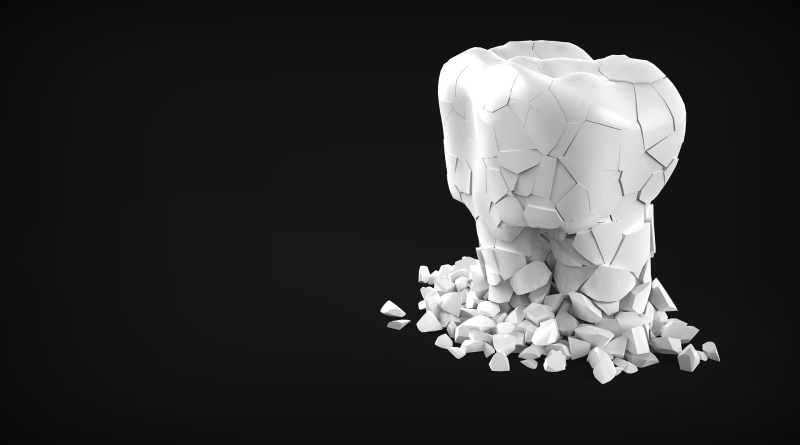Increased Cavities Risk With Mask Mouth
Dental cavities, also known as tooth decay or caries, are a common oral health problem that can lead to tooth loss if left untreated. Cavities are caused by the presence of bacteria in the mouth that produce acid, which eats away at the enamel and dentin of the teeth. The bacteria that cause cavities can be found in the biofilm, also known as plaque, that forms on the surface of the teeth.
Cavities are more common in children and teenagers, but adults can also get them. Factors that increase the risk of developing cavities include poor oral hygiene, a diet high in sugary foods and drinks, and a lack of fluoride in the water supply. Dry mouth, or xerostomia, can also increase the risk of cavities because saliva helps to neutralize the acid produced by bacteria in the mouth.
Symptoms of cavities include toothache, sensitivity to hot and cold foods and drinks, and visible holes or pits in the teeth. Cavities can be diagnosed by a dental professional during a routine checkup or when a patient experiences symptoms.
Treatment for cavities involves removing the decayed tissue and filling the hole with a filling material, such as amalgam, composite, or gold. In severe cases, a crown or root canal treatment may be necessary.
Preventing cavities involves maintaining good oral hygiene, including brushing and flossing regularly, using fluoride toothpaste, and getting regular dental checkups. Limiting sugary foods and drinks and increasing the intake of fluoride through the use of fluoride toothpaste and mouthwashes can also help prevent cavities.
Mask mouth, also known as mask-associated dry mouth or mask-associated oral malodor, is a condition that can occur as a result of wearing a mask for long periods of time. Masks can cause dry mouth by reducing the amount of saliva produced in the mouth and by increasing the amount of air exhaled through the mouth.
Dry mouth can lead to an increase in bacteria in the mouth, which can cause bad breath, or halitosis, and an increase in the risk of cavities. Dry mouth can also cause discomfort and difficulty speaking and swallowing.
Preventing mask mouth involves taking breaks from wearing a mask, staying hydrated by drinking plenty of water, and using saliva substitutes or products that stimulate saliva production. It is also important to continue good oral hygiene practices, such as brushing and flossing regularly and using fluoride toothpaste, to reduce the risk of cavities and other oral health problems.
In conclusion, dental cavities are a common oral health problem caused by the presence of bacteria in the mouth that produce acid that eats away at the teeth. Cavities can be prevented by maintaining good oral hygiene and limiting sugary foods and drinks. Mask mouth is a condition that can occur as a result of wearing a mask for long periods of time and can increase the risk of cavities and bad breath. To prevent mask mouth, it is important to take breaks from wearing a mask, stay hydrated, and use saliva substitutes or products that stimulate saliva production. It is also important to continue practicing good oral hygiene to reduce the risk of cavities and other oral health problems.


